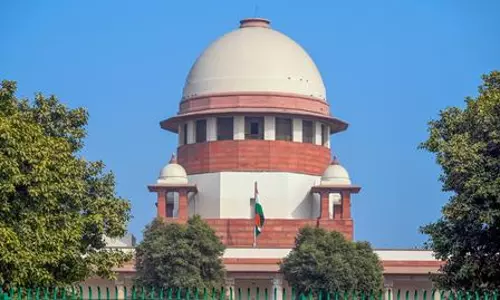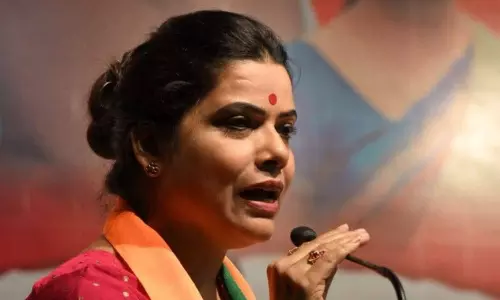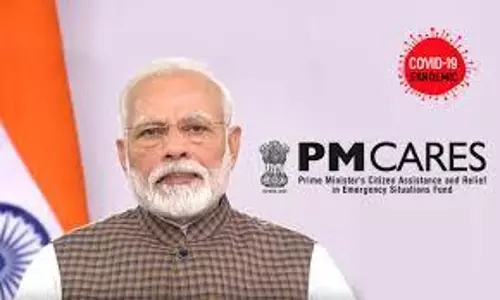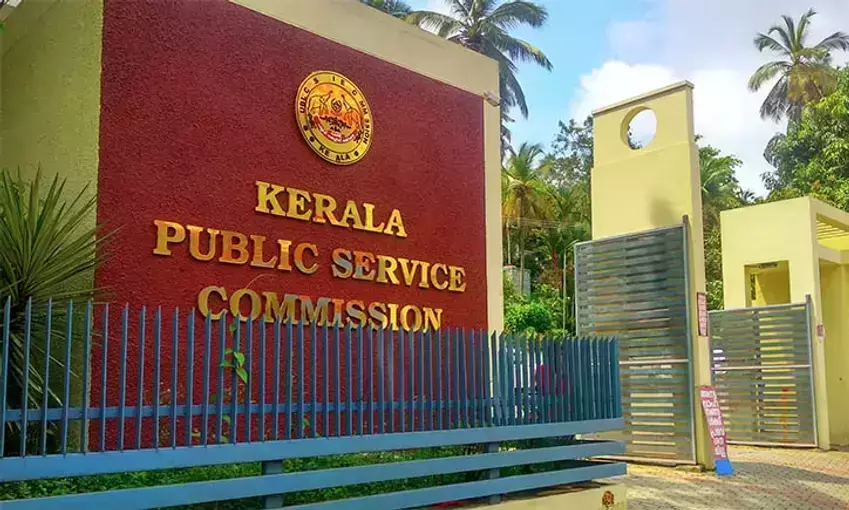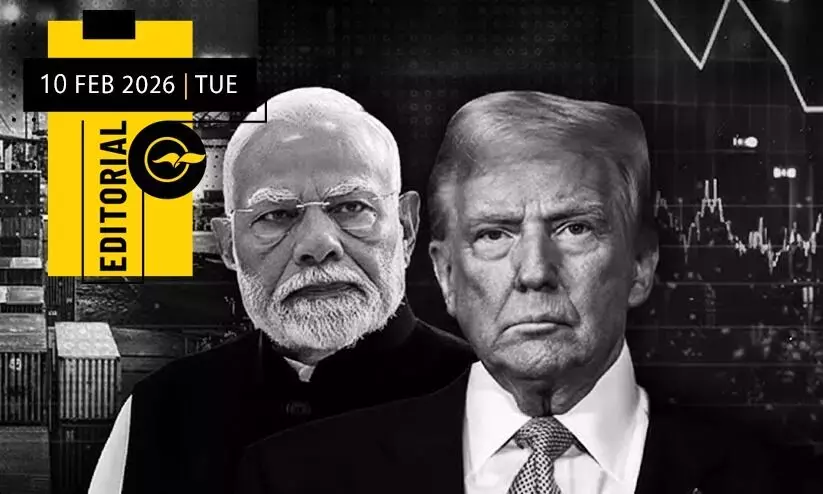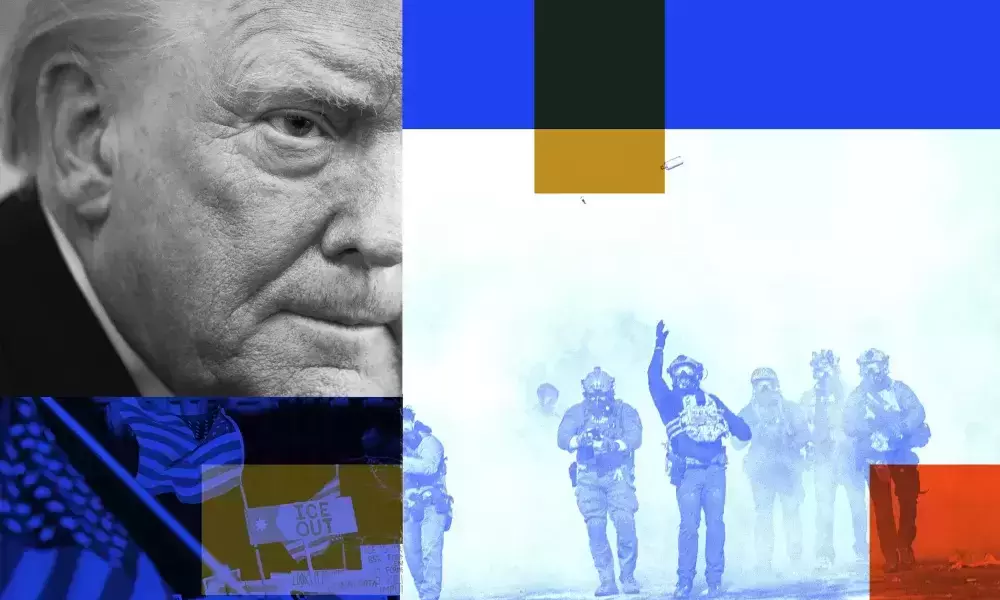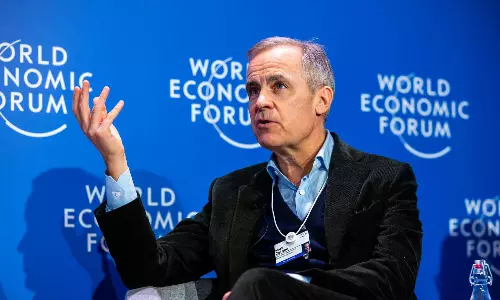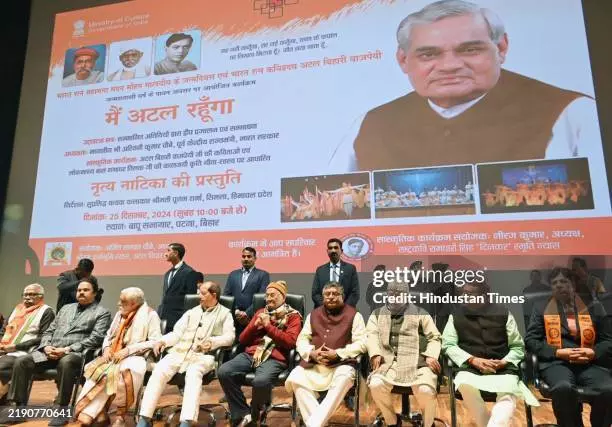
‘Ishwar Allah tero naam’ irks audience at Vajpayee memorial, forces bhajan to stop
text_fieldsA function in Patna commemorating the life of former Prime Minister Atal Bihari Vajpayee was marred by protests when a segment of the audience objected to a folk singer’s rendition of the popular bhajan Raghupati Raghav Raja Ram, leading BJP leader and former Union minister Shahnawaz Hussain to describe it as 'the height of intolerance'."
The event, titled “Main Atal Rahunga,” was organised at the Bapu Sabhagar auditorium to celebrate Vajpayee’s contributions on the occasion of his birth anniversary, The Indian Express reported.
The disruption occurred during the performance of renowned folk singer Devi, who was invited to sing and be felicitated at the event. As part of her performance, she chose to sing the bhajan closely associated with Mahatma Gandhi.
The protest erupted when she sang the stanza “Ishwar Allah tero naam,” prompting a group of approximately 50 attendees to demand that she stop the performance. Despite attempts to calm the crowd, she was forced to discontinue the bhajan and later sang a Chhath song instead.
The event was attended by several prominent figures, including former Union ministers Ashwini Kumar Choubey, Shahnawaz Hussain, Dr C P Thakur, and Sanjay Paswan, all of whom had served in Vajpayee’s government. The protest drew widespread condemnation from these leaders, who described it as an act of intolerance and against the values upheld by both Vajpayee and Gandhi.
The organisers had invited Devi to sing a bhajan in honour of the former prime minister, and she explained that her choice of Gandhi’s favourite devotional song was meant to reflect the occasion’s spirit. She expressed dismay at the disruption, noting that the song has been performed globally with respect.
Leaders attending the function sought to pacify the crowd, emphasising the need for civility and tolerance, values often highlighted by Vajpayee himself
The incident sparked discussions about ideological harmony, with speakers highlighting the importance of embracing assimilative ideologies and Gandhian values. They called for greater acceptance and understanding, especially at events intended to honour leaders like Vajpayee, who was known for his inclusive approach.
Organisers and attendees alike condemned the disruption, reiterating the need to preserve the spirit of unity and respect that defined Vajpayee’s political ethos.






